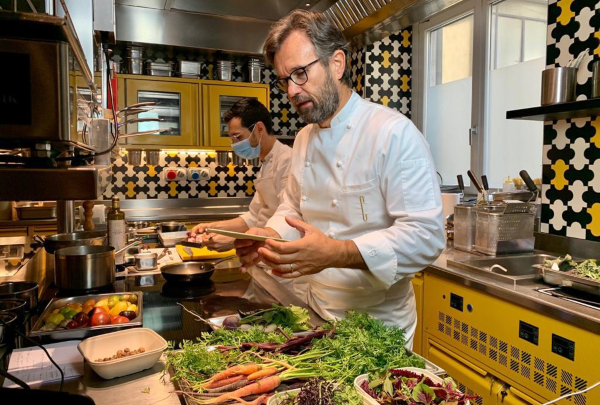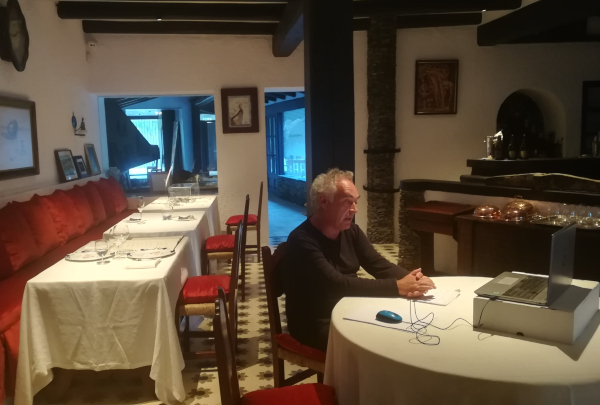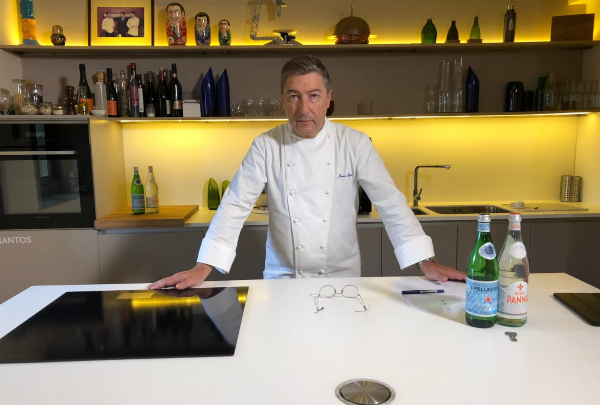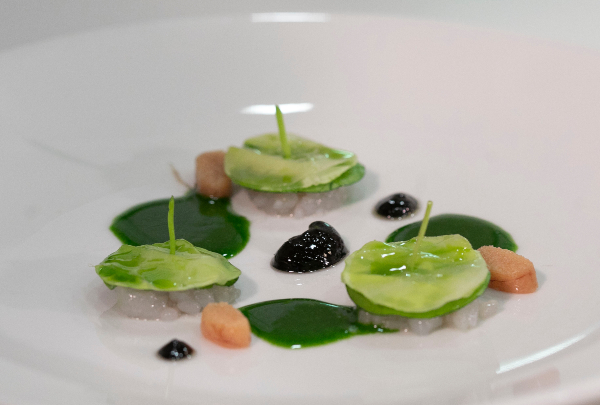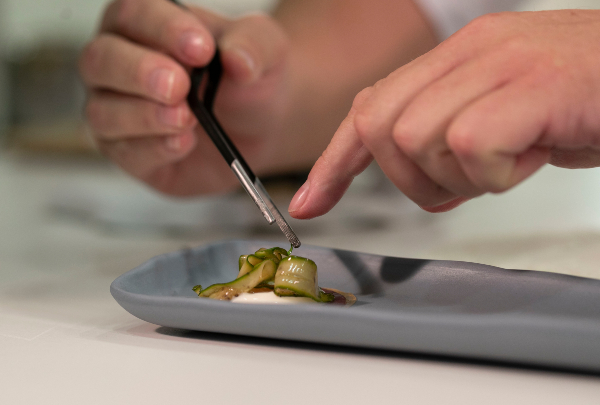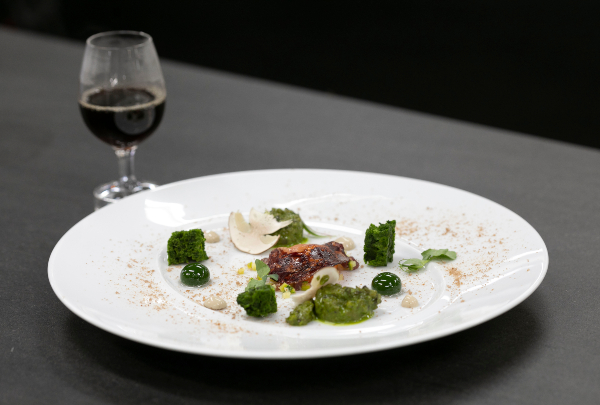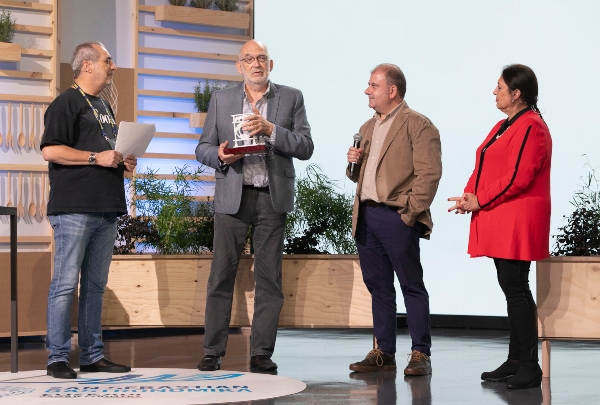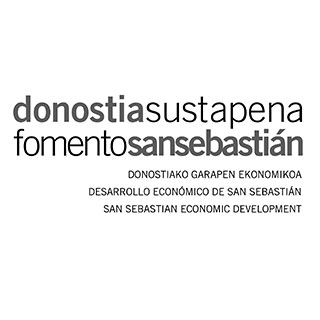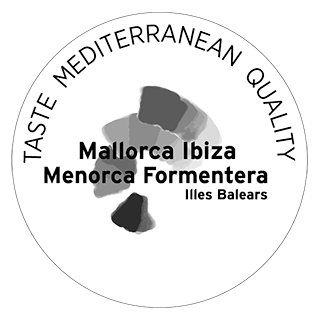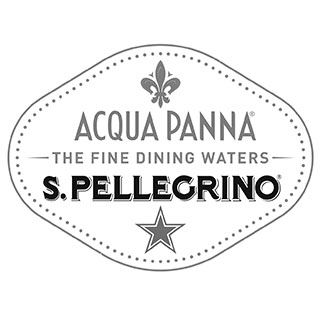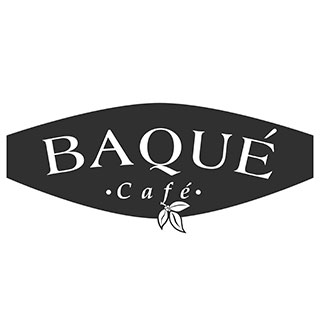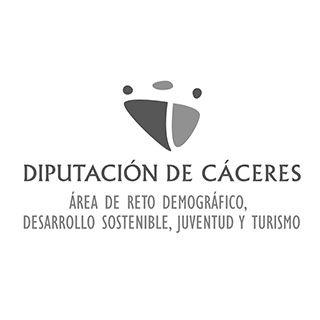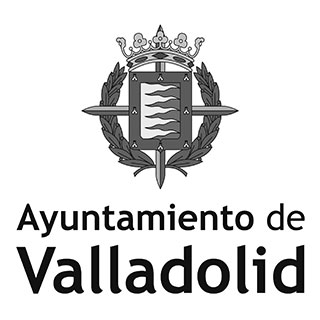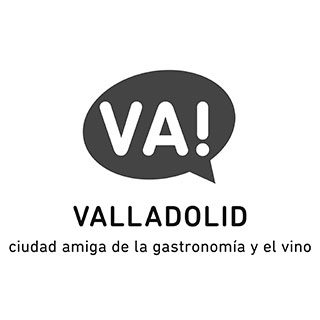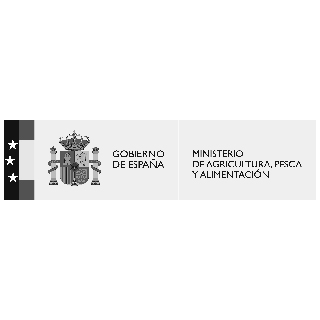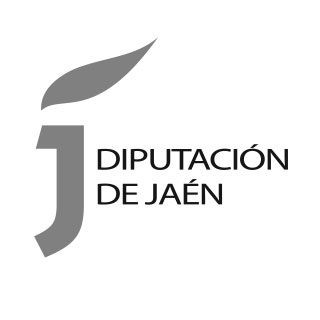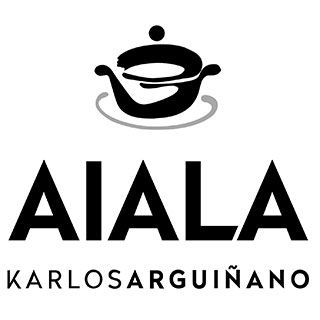News
“Bars and restaurants are showing courage, but the restrictions are stifling us”

Gastronomika analyses the consequences that the pandemic is having for a business that is facing the worst crisis in its history.
Pincho counters, traditional cheap restaurants or Michelin-star restaurants from Medellín through London to Barcelona are severely suffering the consequences of the pandemic. San Sebastián Gastronomika – Euskadi Basque Country has devoted its penultimate day to analysing from different perspectives the consequences that the fight against the coronavirus is having for bars and restaurants. The state of ruin and uncertainty that they sketched out is “enough to make you weep”, Albert Raurich acknowledged, but there are still limited grounds for hope. “This situation has been a wake-up call; we were pursuing a goal and we were missing out on everyday life”, Matías Perdomo, the Uruguayan chef who lives in Italy, claimed.
Right now “we’ve no option but to live from hand to mouth”, the British chef Clare Smyth points out, named best chef in the world in 2018. Her restaurant 'Core', in the London district of Notting Hill, has been closed for three and half months, and getting back to normal is proving to be rather difficult. She appreciates how patient her customers have been -”they’ve been really understanding, but we don’t know how long they’ll continue to be so”- and she can rely on the energy of her young team to keep going, but she is aware that “closing a restaurant doesn’t just have consequences for us, but also for an entire network of producers who are having a really bad time”.
Survival involves applying creativity to the business model, which is what the Ibérica Restaurants group, that runs various establishments in the UK, has done. Its CEO, Marcos Fernández explained how they have developed an offer of top-quality take-away products, a last resort, “that when all this is over will become just another commercial line”. They have had to reduce their staff to the minimum, “but what we haven’t cut back on is marketing”, he notes. They face, like most catering companies, fixed expenses in properties that are difficult to bear without sales, “but we have made our landlords understand that in these circumstances the best thing that they can do is to support the operator that they have in the building or they risk spending two years with the premises empty”.
Opening even though you know that you are going to make a loss is the dilemma that Albert Raurich, who runs Dos Palillos in Barcelona, faces and who took part in a round table debate on the future of pintxo counters together with Mariano García Romero, from the cafeteria Donald in Seville, and Amaiur Martínez Ortuzar, from Ganbara in San Sebastián. They all complained about the confusing regulations that in many cases stifle the most widespread catering model in the country. “We can meet the regulations, but is the business viable in these conditions?” They all agree that the sector is showing “that in dedication and courage we’re second to none”, but they feel “abused” by the authorities: “The only option they give us is to carry on running up debts”.
To avoid reaching this point, the Colombian, Miguel Warren, Breakthrough Chef at the most recent Madrid Fusion Bogota congress, decided in March to close his restaurant Barcal when it was on the crest of a wave. He has moved to a small farm in the countryside where he is trying to redirect his project towards research and culinary consultancy services.
Two people who have kept at it against all odds are Yolanda Díaz and Juanjo Pérez, who run Cocinandos in Leon, despite the fact that he was hospitalized for weeks because of an aggressive bout of Covid 19. With all their team temporarily laid off, the couple worked 16 hours a day for weeks to offer take-away food and when they could finally open their doors, they devised a new restaurant in the garden of their home. “We’ve got used to being on tenterhooks all day long”, a feeling shared by colleagues from their profession all over the world.
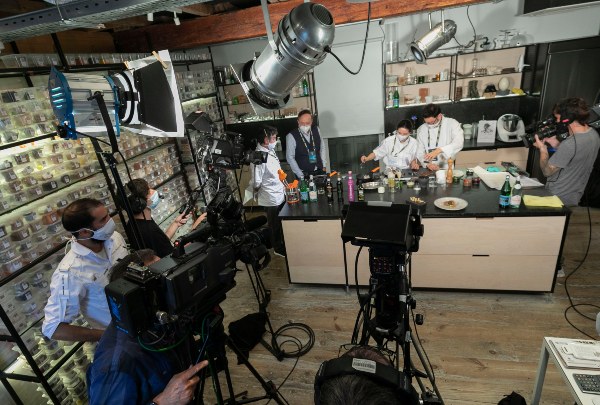
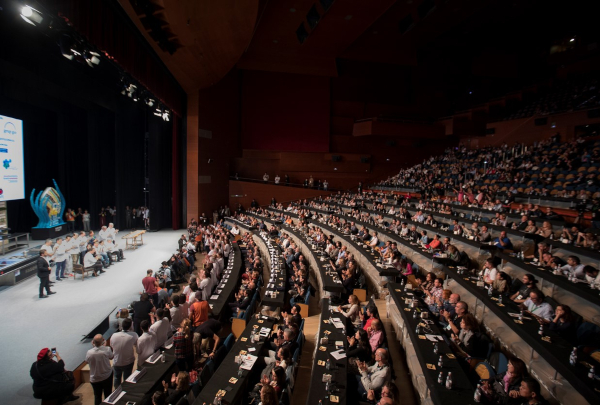
.jpg)
